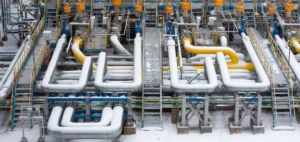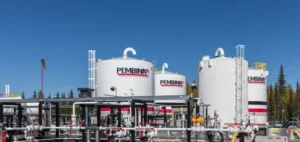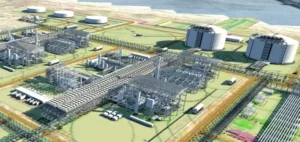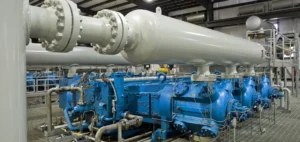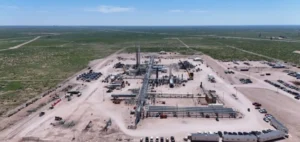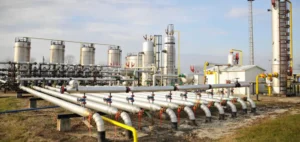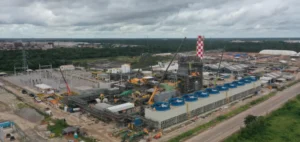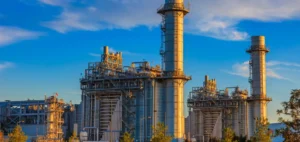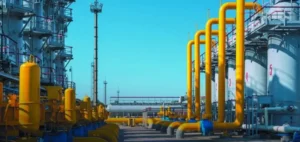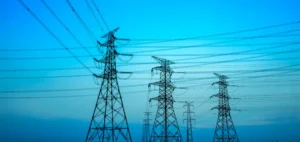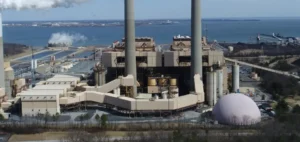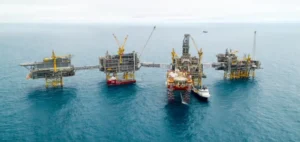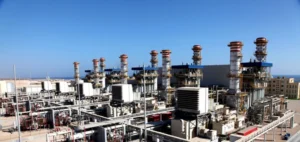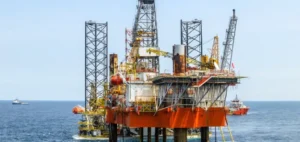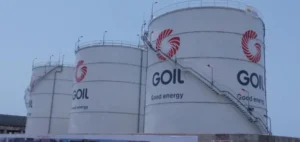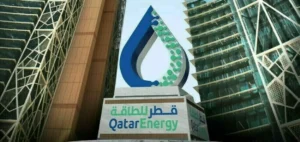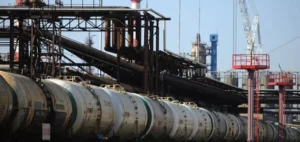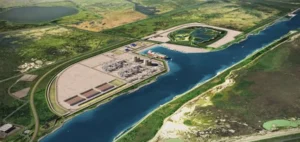The U.S. Department of Energy (DOE) has denied Lake Charles LNG’s request for a second extension of time to begin exports from its planned export terminal in Louisiana. The regulator has implemented a new policy to raise the bar for extending the timeframe for the commencement of U.S. LNG exports to countries without a free trade agreement.
The department found that the seven years it typically allows for the start of exports was “reasonable” and “achievable,” and that it would no longer consider requests for extensions – unless an applicant could demonstrate that it had physically started construction and was facing “exceptional circumstances” beyond its control to meet the deadline. The new policy did not directly apply to the Lake Charles decision, but the department said April 21 that its decision on that extension request was consistent with the new approach.
Reversal for the Lake Charles project
The Department of Energy determined that Energy Transfer’s Lake Charles LNG had not demonstrated good cause for an “unprecedented second extension” of the deadline to begin exporting gas to non-free trade agreement countries. This extension would have pushed a deadline from December 2025 to December 2028. The department issued an export authorization for the project in 2016 and granted an extension in 2020. Lake Charles had stated that global events, including the coronavirus pandemic, had created an extremely challenging environment for the construction of large-scale infrastructure projects. However, the department agreed with environmental advocates that Lake Charles LNG’s “general statements” did not accurately show how the project has been delayed by world events since its first extension application. The department also found that the project had not achieved the level of commercial progress that other licensees had achieved in a similar time period.
The decision is a setback for the 16.5-million-ton-per-year Lake Charles project, which received an extension from the Federal Energy Regulatory Commission for its LNG terminal authorization in May 2022. Energy Transfer has long-term contracts for approximately 7.9 million tons per year of capacity and said it is in discussions for additional long-term sales agreements, including preliminary agreements with two Japanese customers. According to the Department of Energy, the current deadline of December 16, 2025, remains in effect for Lake Charles LNG.
Improving the transparency of the LNG market
In outlining its new policy on export extensions, DOE said it aims to improve transparency in the LNG export market. The gap between permitted exports and those in operation or under construction has grown to 25.64 Bcf/d, the DOE said, adding that “this overcapacity obscures an accurate picture” of investment-backed commitments involving U.S. LNG. The uncertainty has become disruptive to DOE’s analysis fueling non-ETS export applications, increases challenges for market players and could deter new entrants, including those seeking to use newer technology or adopt better environmental practices, DOE said.
ClearView Energy Partners, in a research note, said the new policy applies on a prospective basis as of April 21 and would limit licensees’ ability to defer construction indefinitely. The action came on the same day that DOE agreed to extend the export deadline for the Port Arthur LNG project. The deadline for non-ETS exports is to be extended by 25 months to June 18, 2028, DOE said. Port Arthur’s export authorization for a maximum of 698 Bcf/year runs until December 31, 2050. In granting the Port Arthur extension, DOE referenced the March 20, 2023 announcement of a final investment decision and the start of construction of the Port Arthur Phase 1 project.



